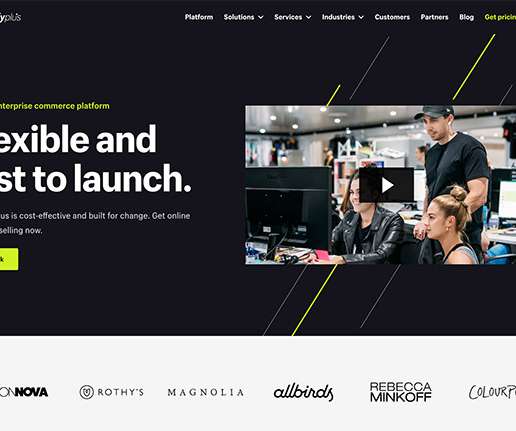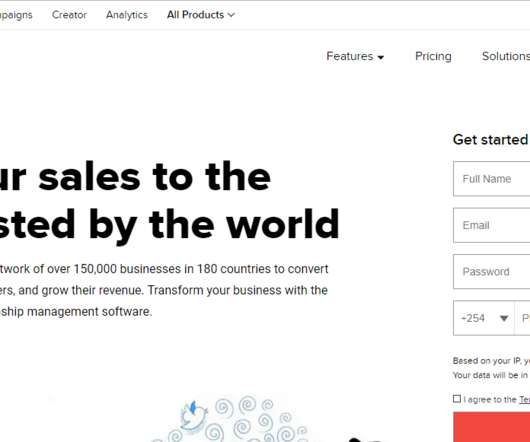The Best B2B Ecommerce Platform for 2020
Ecommerce Platforms
APRIL 3, 2020
Ecommerce is bigger today than ever. While it’s easy to assume that the age of online stores is focused strictly on the B2C marketplace, the truth is actually that B2B companies are gaining steam too. According to Statista, the B2B eCommerce market worldwide is worth $12.2 Identifying the Best B2B eCommerce Platforms.












Let's personalize your content